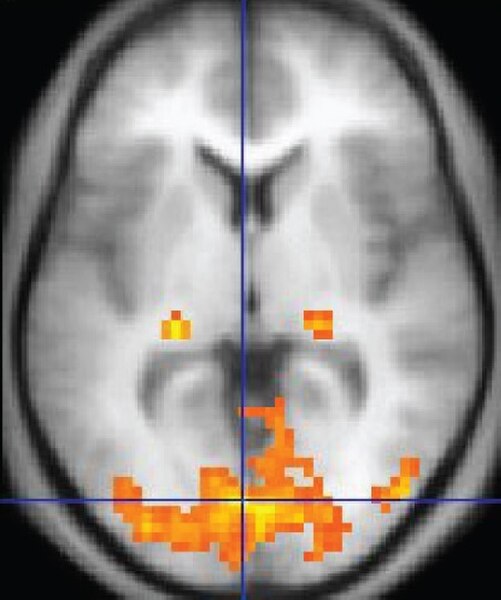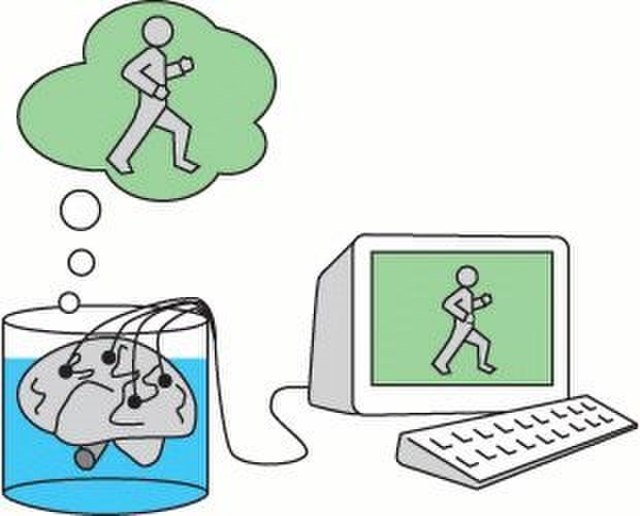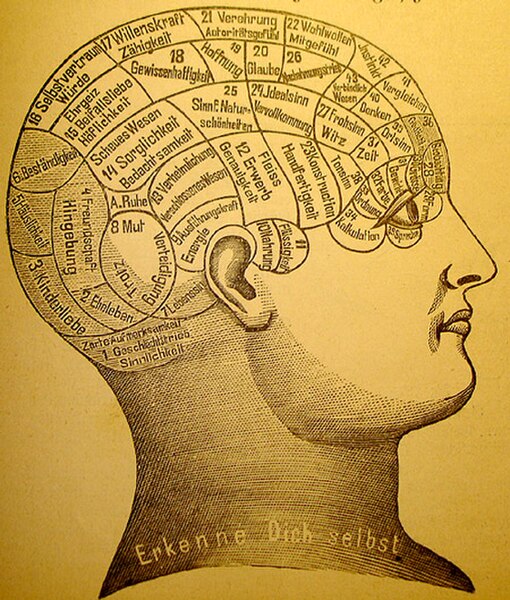In philosophy of mind, the extended mind thesis says that the mind does not exclusively reside in the brain or even the body, but extends into the physical world. The thesis proposes that some objects in the external environment can be part of a cognitive process and in that way function as extensions of the mind itself. Examples of such objects are written calculations, a diary, or a PC; in general, it concerns objects that store information. The hypothesis considers the mind to encompass every level of cognition, including the physical level.
“Seneca [had an] anecdote about a wealthy freedman who wished to make himself appear cultured by reciting poetry at dinner parties but was hampered by a bad memory. So he bought educated slaves and had one memorise Homer, another Hesiod, and so on, on the theory that what his slaves knew, he knew too.”
The mind is the totality of psychological phenomena, including thought, perception, emotion, motivation, memory, and learning. It encompasses both conscious processes, through which individuals are aware of external and internal circumstances, and unconscious processes, which can influence individuals without their awareness. Traditionally, minds were often conceived as separate entities that can exist on their own but are more commonly understood as features or capacities of other entities in the contemporary discourse. The mind plays a central role in most aspects of human life but its exact nature is disputed; some theorists suggest that all mental phenomena are private and directly knowable, transform information, have the ability to refer to and represent other entities, or are dispositions to engage in behavior.

Obsessive–compulsive disorder is a mental disorder in which a person follows compulsive rituals, like excessive hand washing, to alleviate anxiety caused by intrusive thoughts.
Functional magnetic resonance imaging is a neuroimaging technique to detect brain areas with increased neural activity (shown in orange).
Philosophers use thought experiments to explore the nature of the mind and its relation to matter, for example, by imagining how a brain in a vat would experience reality if a supercomputer fed it the same electrical stimulation a normal brain receives.
Phrenology was a pseudoscientific attempt to correlate mental functions to brain areas.

![“Seneca [had an] anecdote about a wealthy freedman who wished to make himself appear cultured by reciting poetry at dinner parties but was hampered by](https://upload.wikimedia.org/wikipedia/commons/thumb/3/38/Lucio_Anneo_S%C3%A9neca%2C_Mateo_Inurria_Lainosa_%28C%C3%B3rdoba%29_AGuichot1110_0944.jpg/446px-Lucio_Anneo_S%C3%A9neca%2C_Mateo_Inurria_Lainosa_%28C%C3%B3rdoba%29_AGuichot1110_0944.jpg)



